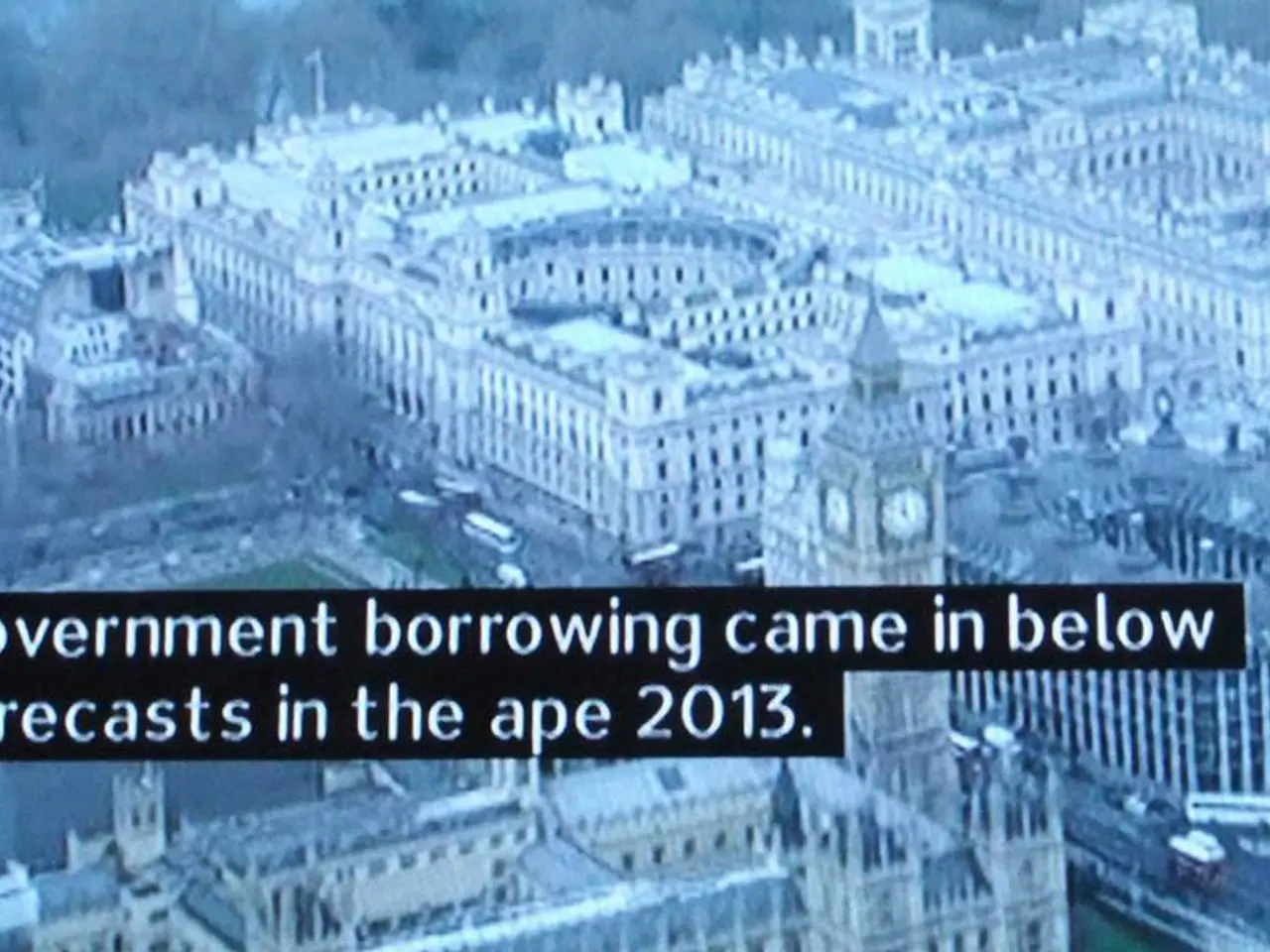Israel greenlights construction of fresh settlement within contested West Bank region
In a move that has been widely condemned, the Israeli government has given the green light to build a new settlement in the occupied West Bank, known as E1. This decision, which has been previously knocked back by the international community including the U.S., threatens to sever the last remaining connection between the north and south of the West Bank.
The proposed settlement, which will consist of 3,400 housing units, is a significant expansion of Israeli control over greater Jerusalem. The current Israeli government, led by Prime Minister Benjamin Netanyahu, is described as a government of settlers by Abdullah Arara, a shepherd who has lived in the Bedouin community of Kasarat for about 45 years.
Kasarat is under pressure from settlers who have attacked other farms in the area and stolen animals. Arara fears that he will be told to evacuate Kasarat soon, and the buildings will be demolished to make way for the new settlement.
The settlement plan also includes the approval for building on 17 additional settlements, further consolidating Israeli control in the region. The Regavim movement, an Israeli organisation known for its pro-settlement activities, is behind the effort to build the settlement.
Michael Milstein, an analyst and former Israeli military intelligence officer, explains that ultra-right-wing religious ministers like Bezalel Smotrich have significant influence in the Israeli government. Smotrich, Israel's ultra-nationalist finance minister, has expressed support for the settlement plan. According to Milstein, Smotrich's intentions with the settlement plan are to prevent the establishment of a Palestinian state in the future.
The construction of the settlement has been widely condemned as the death knell for a future Palestinian state. Seizing E1 would be the last thread connecting the north of the West Bank to the south, making it increasingly difficult for Palestinians to maintain a contiguous territory.
Arara believes that the Israeli government's goal is to expand Israeli control over greater Jerusalem, a claim that has not been officially confirmed by the Israeli government. However, the approval of the settlement plan, along with the support from ministers like Smotrich, suggests that this may be the case.
Netanyahu is said to need these ministers to stay in power, and they are using this opportunity to reclaim land in biblical Israel. The international community has urged Israel to reconsider its decision, but it remains to be seen whether the Israeli government will listen to these calls.
In the meantime, residents like Arara are left wondering about their future and the future of their community. The construction of the new settlement will undoubtedly have a significant impact on the lives of those living in the West Bank, and the international community will continue to watch closely as the situation unfolds.
Read also:
- Lu Shiow-yen's Challenging Position as Chair of the Chinese Nationalist Party (KMT) Under Scrutiny in Donovan's Analysis
- Who is Palestine Action, the organization tied to numerous arrests within the UK?
- "Trump Criticizes EU's $3.5 billion fine on Google as Unjust, Threatens Additional Tariffs"
- Restructuring community adaptability amidst multiple concurrent crises








